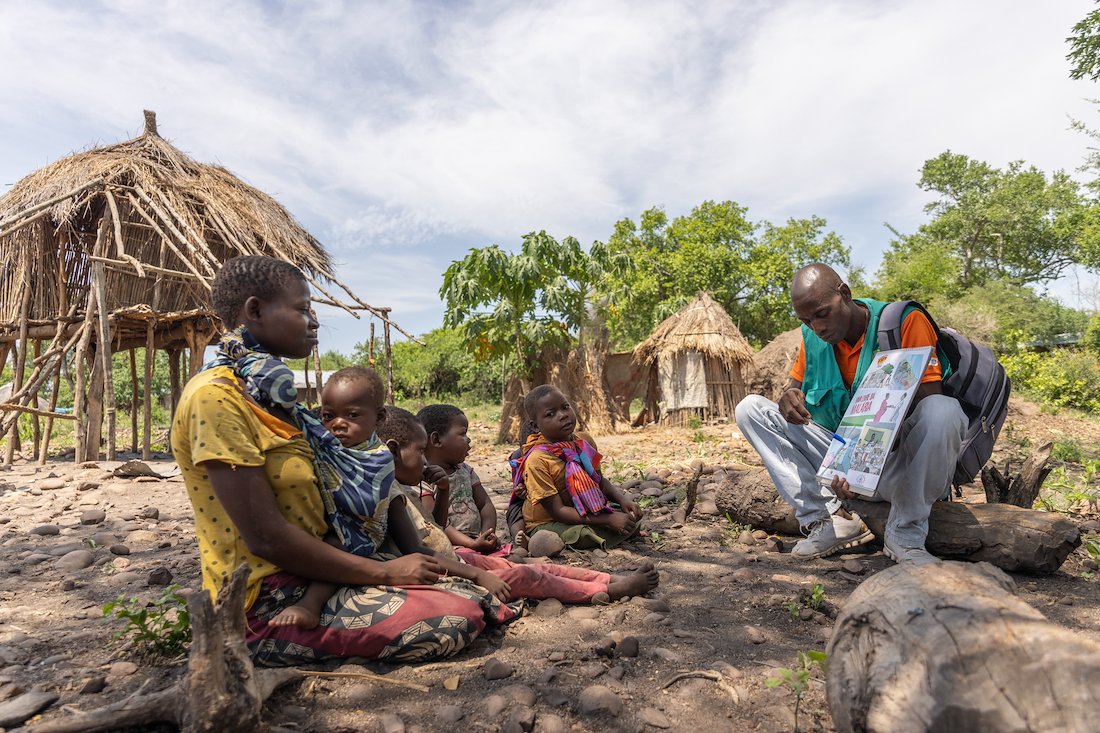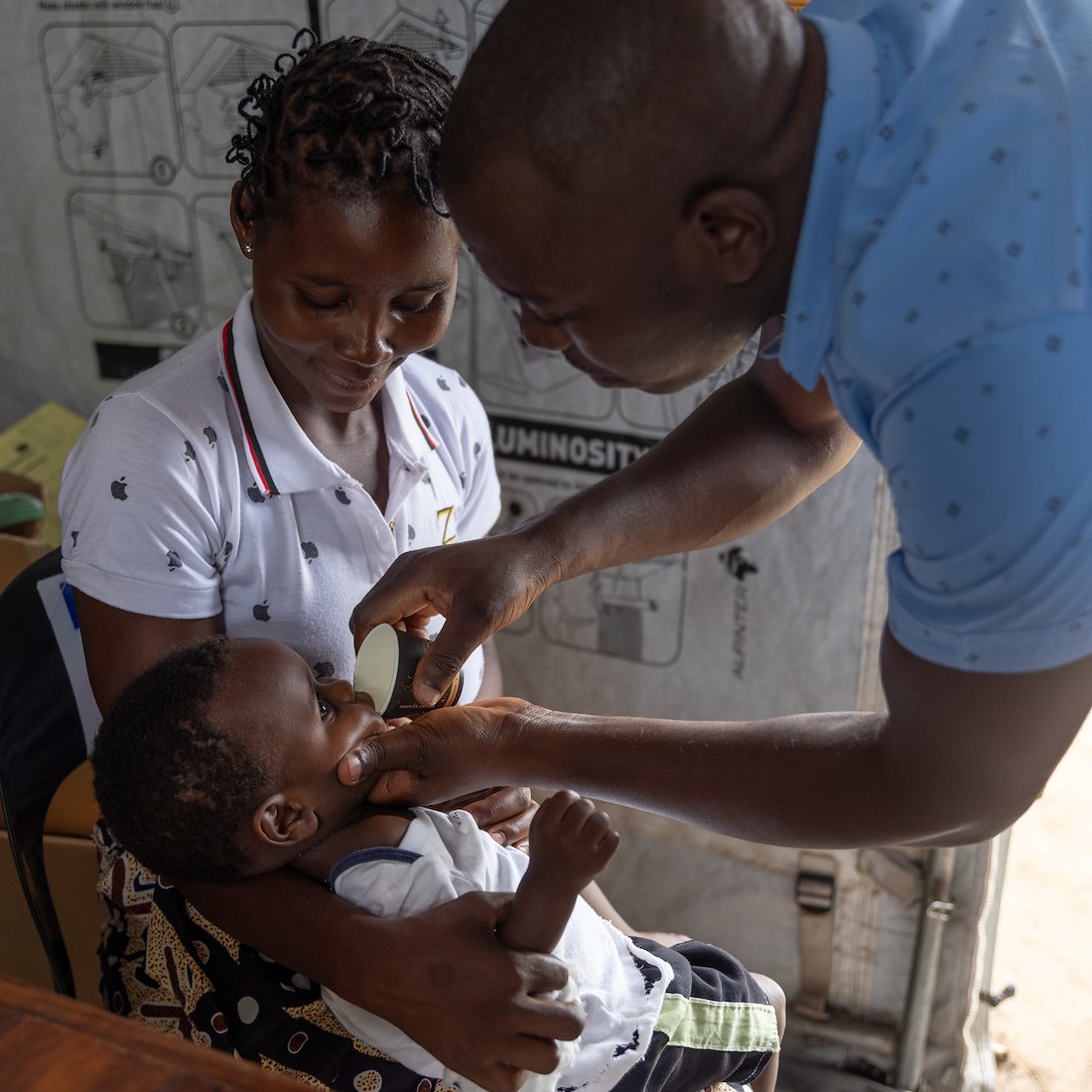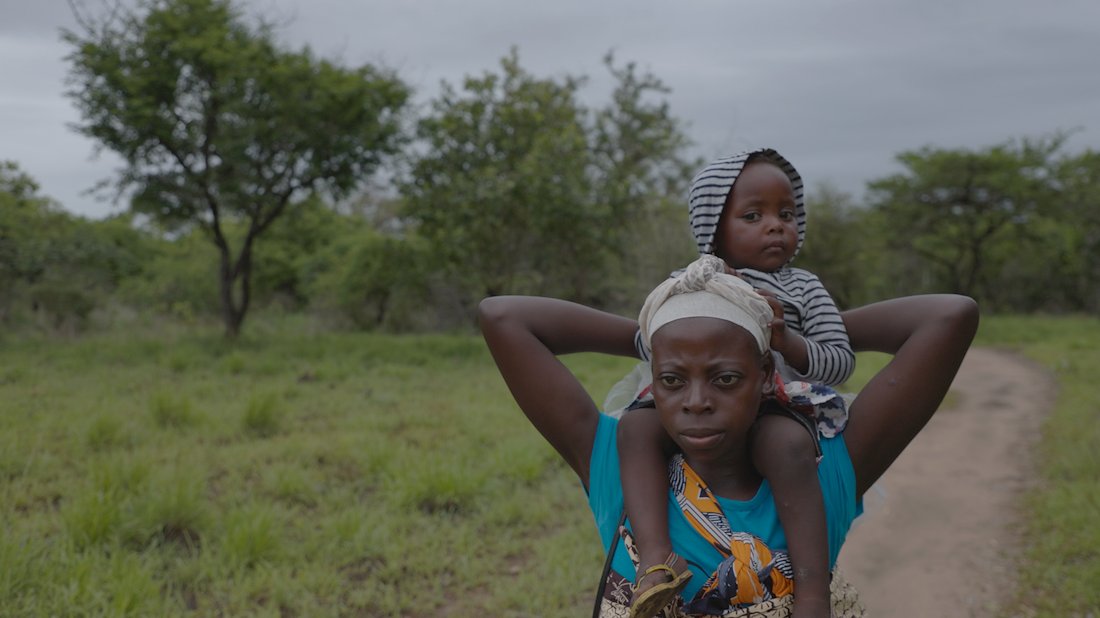Every month, Muzamusse walks several kilometers from her home in a remote village in Mozambique’s Sofala province to the nearest health facility. Accompanied by friends and neighbors that are also seeking essential health care, she takes her 22-month-old daughter Elisa for a health check and to receive antimalarial medicines.
Mozambique is one of four countries that account for nearly half of all cases of malaria globally, and young children like Elisa are at highest risk.
An effective and affordable preventive medicine for malaria, called sulfadoxine-pyrimethamine (SP), can provide critical protection against the disease to those most vulnerable. In fact, the medicine is already widely used in combination with other drugs to prevent malaria in parts of Africa that see seasonal spikes in transmission, and is credited with having saved three-quarters of a million children’s lives in the decade since it was first piloted.
But implementation outside of these zones – through a similar intervention known as perennial malaria chemoprevention (PMC) – has been limited. Though the World Health Organization recommended it be given to infants in 2010, only one country has implemented it nationwide. Misperceptions about the drug, a lack of enabling policies, and unclear delineation of how best to integrate and roll out the intervention have contributed to its limited uptake.
Unitaid, Population Services International (PSI), and the London School of Hygiene and Tropical Medicine are working through the Plus Project to address those challenges, in close collaboration with National Malaria Control Programs in Benin, Cameroon, Côte d’Ivoire and Mozambique. The aim is to develop delivery models that can effectively reach children under two years old with four to eight doses of antimalarial treatment. Working across these four countries with their distinct malaria contexts, the Plus Project will generate valuable evidence that will help guide broader implementation across the region.

Community health workers like Louis are central to this work.
He goes door-to-door to share information about PMC and to identify and support mothers whose children are behind on their vaccinations. Louis plays a vital connecting role between families and health services, ensuring they access preventive services and healthy child consultations – which now also include PMC in the target districts.
Recently, community radio stations have begun disseminating messages about malaria prevention and PMC to help drive demand too. It appears to be having an impact: between March and December 2023, health workers in Mozambique administered more than 175,000 doses of SP for PMC, working through health facilities participating in the Plus Project.
Across all four countries, more than 2,700 facility-based and community health workers have been trained to raise awareness about and administer PMC with more than 600,000 doses of SP administered to date.

When Muzamusse, Elisa and the other families reach the health center, Nurse Zaguma conducts routine child health checks. She monitors the children’s weight and temperature, administers vaccinations, and provides the children with SP to prevent malaria infection.
Delivered alongside other essential preventive health interventions such as vaccines and vitamin and nutrition supplements, PMC is integrated into existing child health services. As community health workers help raise awareness and connect people to care, the Plus Project may be helping to increase coverage of malaria prevention while also improving children’s access to healthcare.
As for Muzamusse, after Elisa’s visit at the health center she says: "I am going home happy because my child received treatment to prevent malaria."

The Plus Project, funded by Unitaid and led by Population Services International (PSI), plays an important role in the fight against malaria and anemia among children. By integrating PMC with routine vaccinations and vitamin A supplementation visits, the project aims to reduce the malaria burden in endemic countries including Mozambique, Benin, Cameroon, and Côte d’Ivoire.
Photos: Mwangi Kirubi/PSI
© 2024 Unitaid